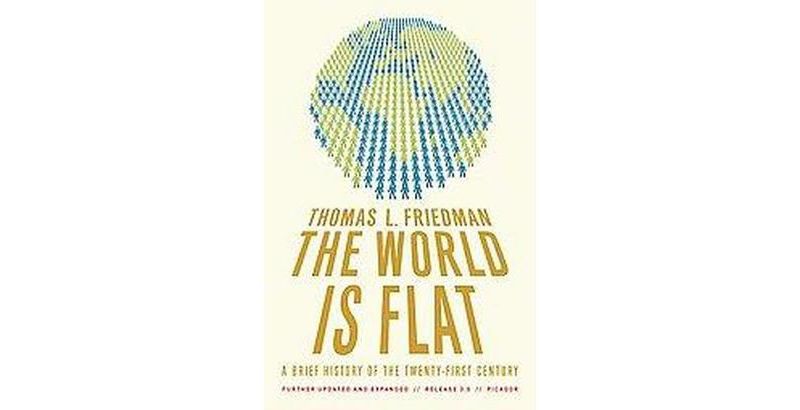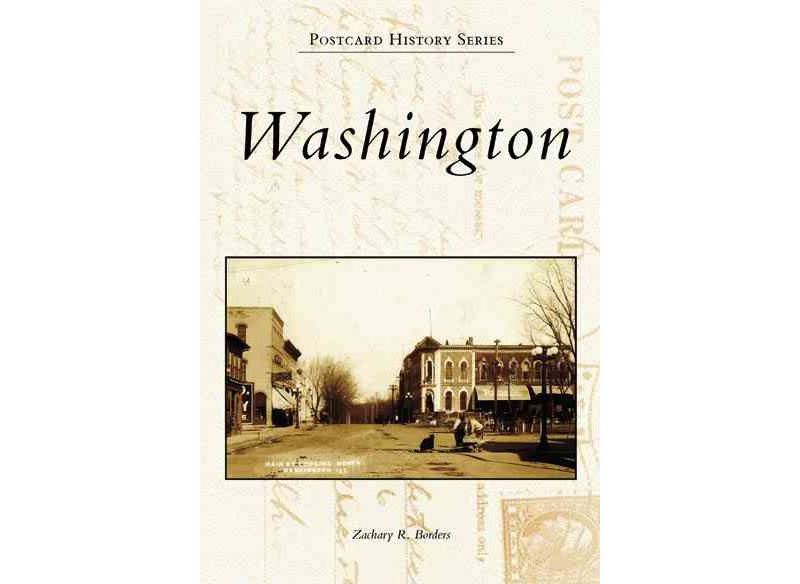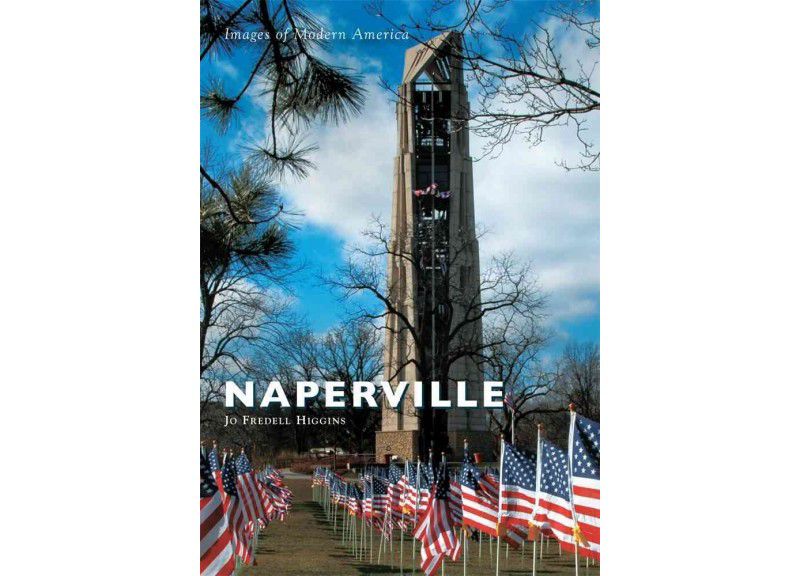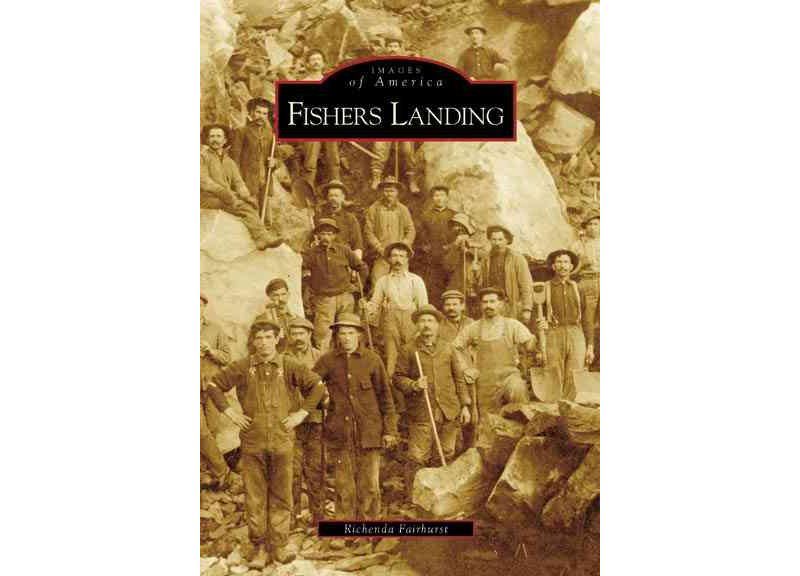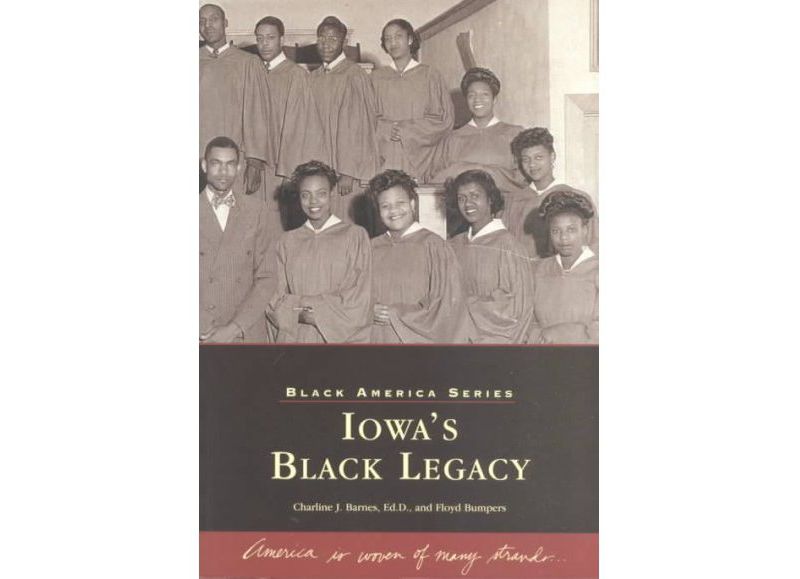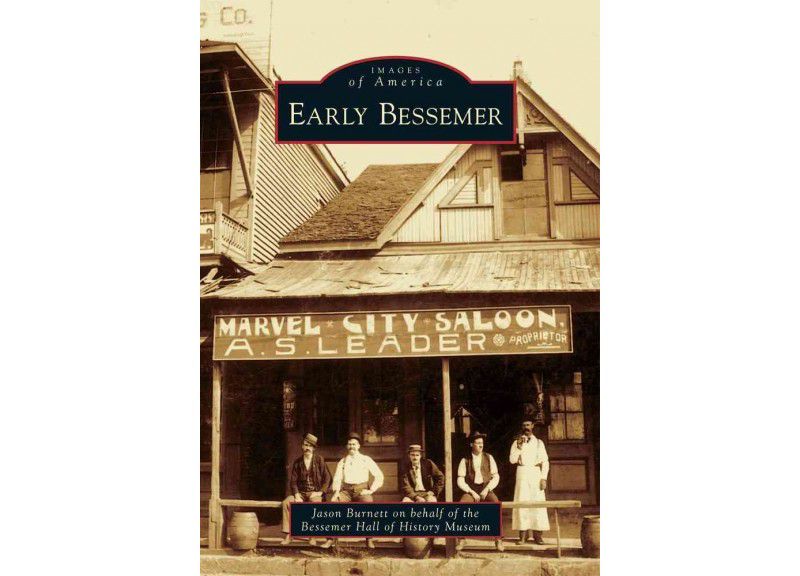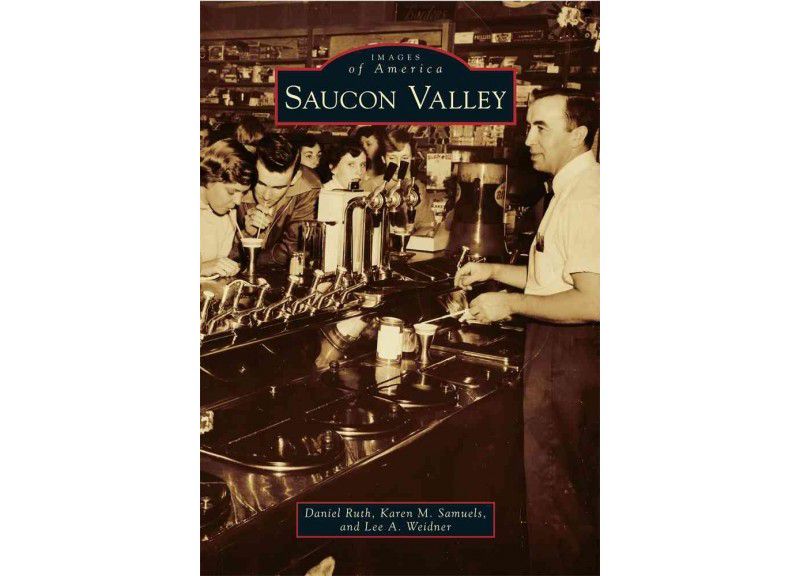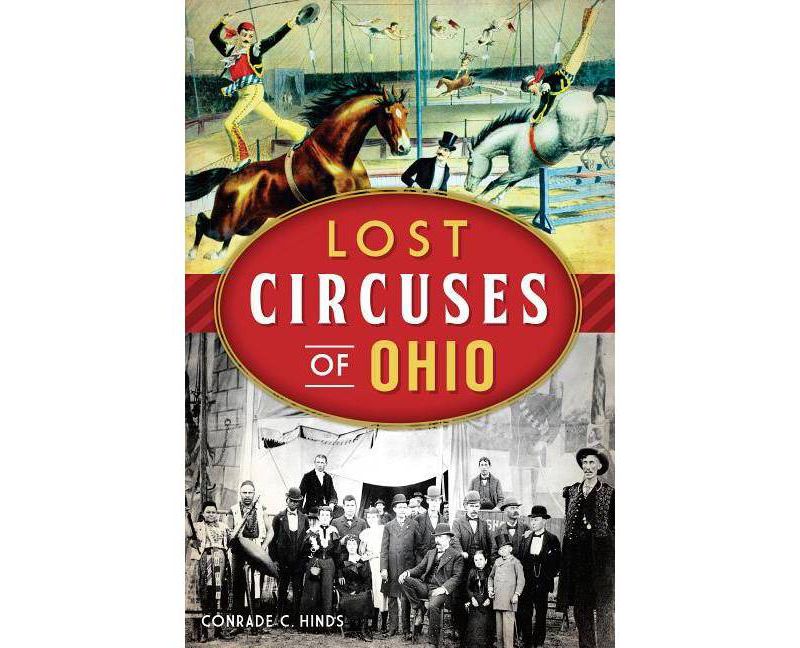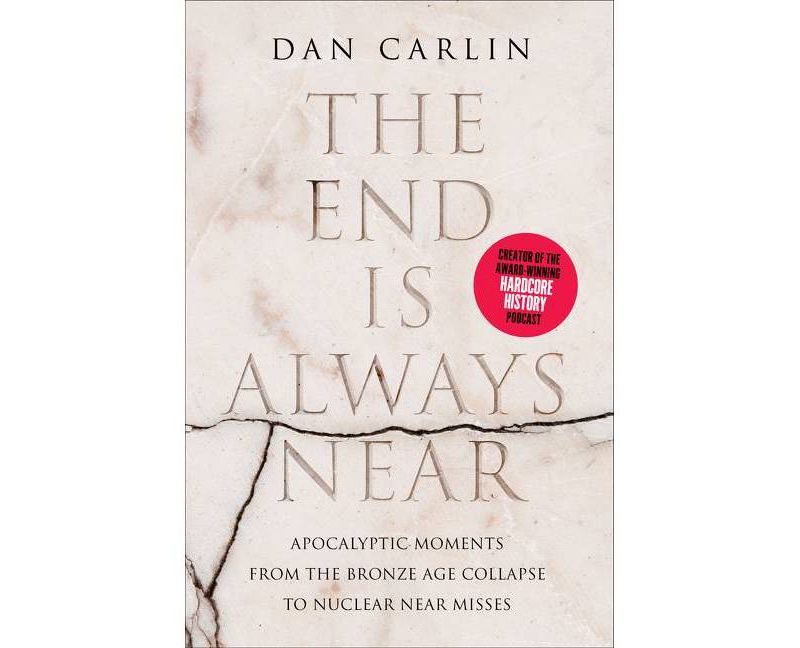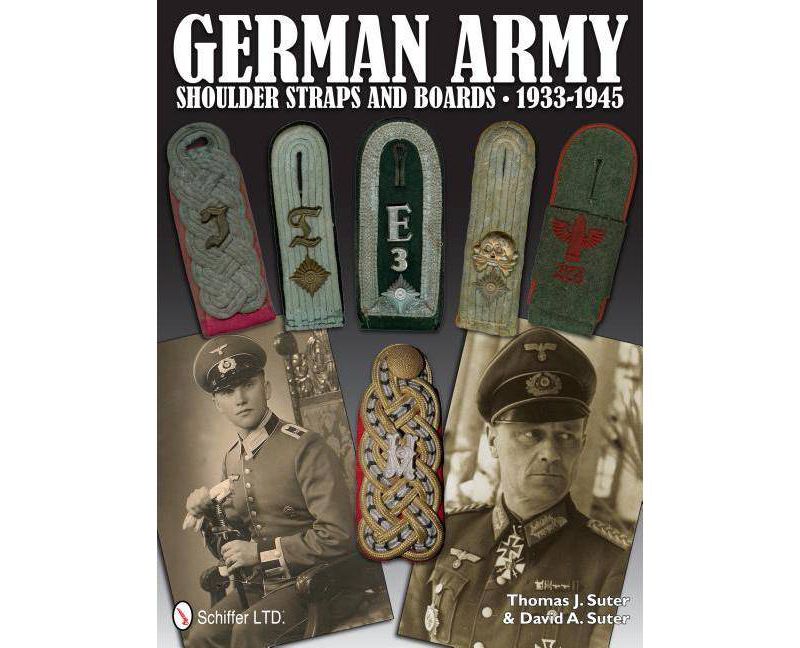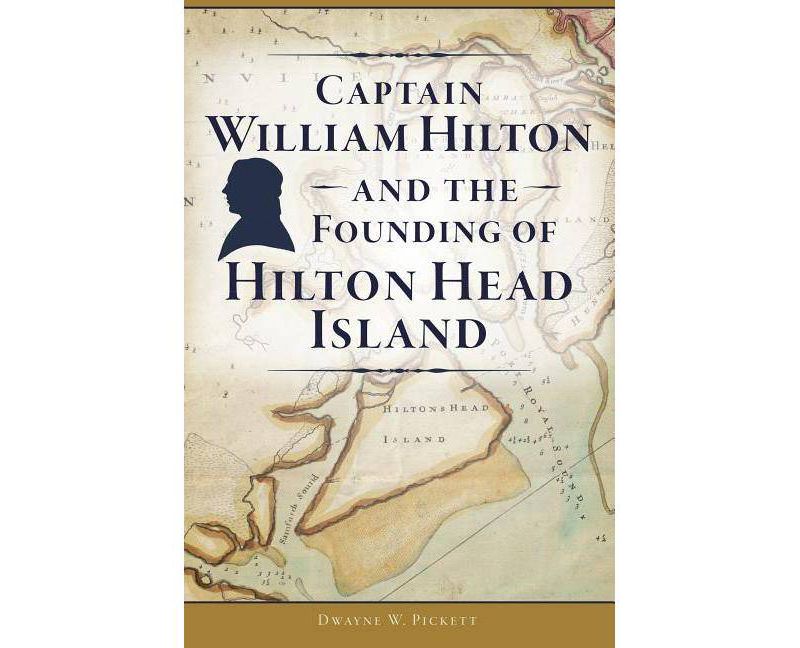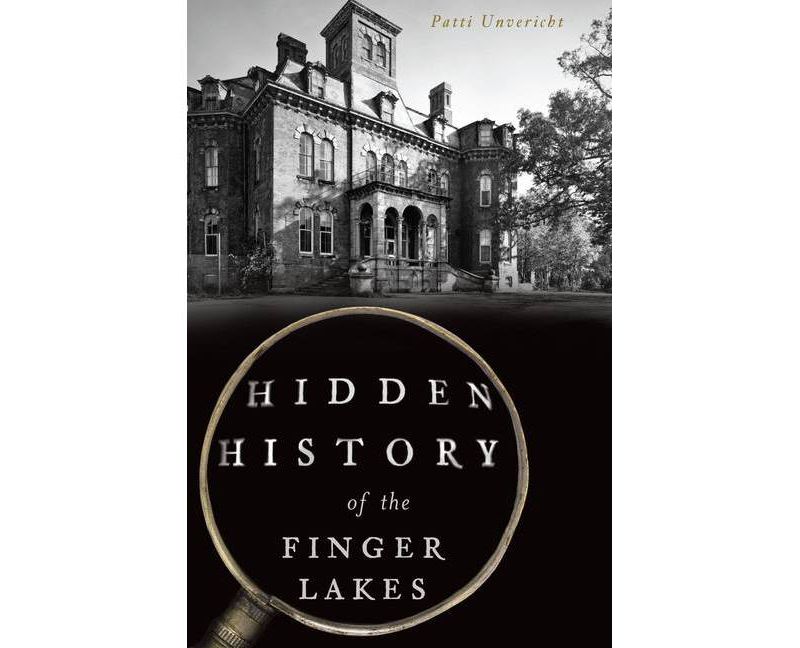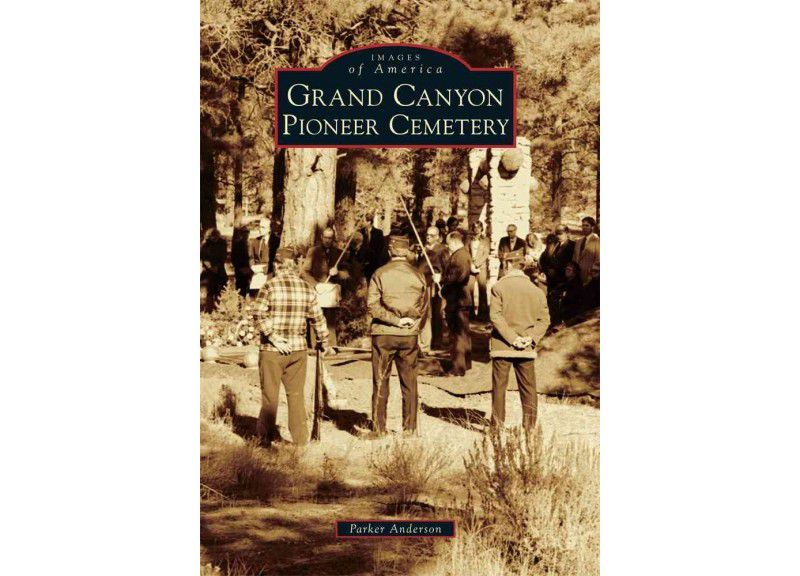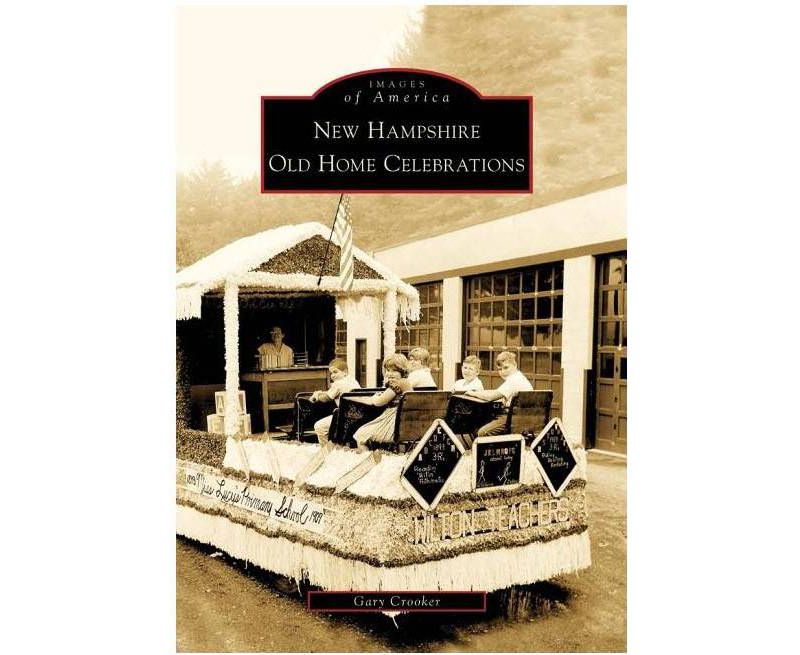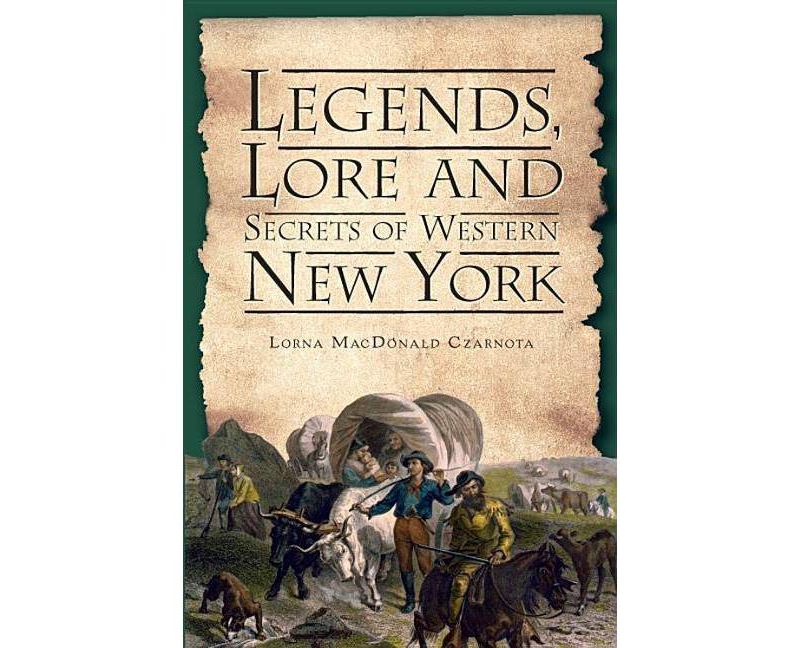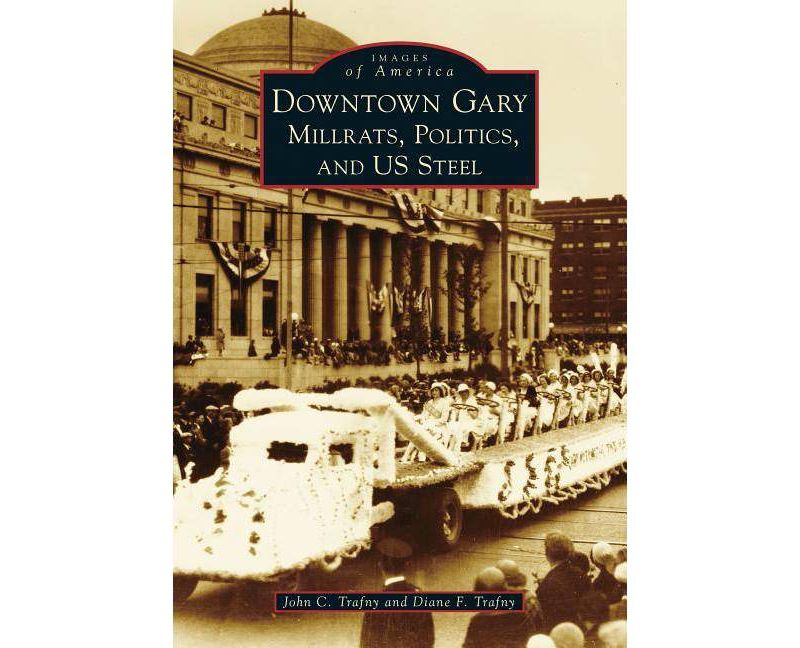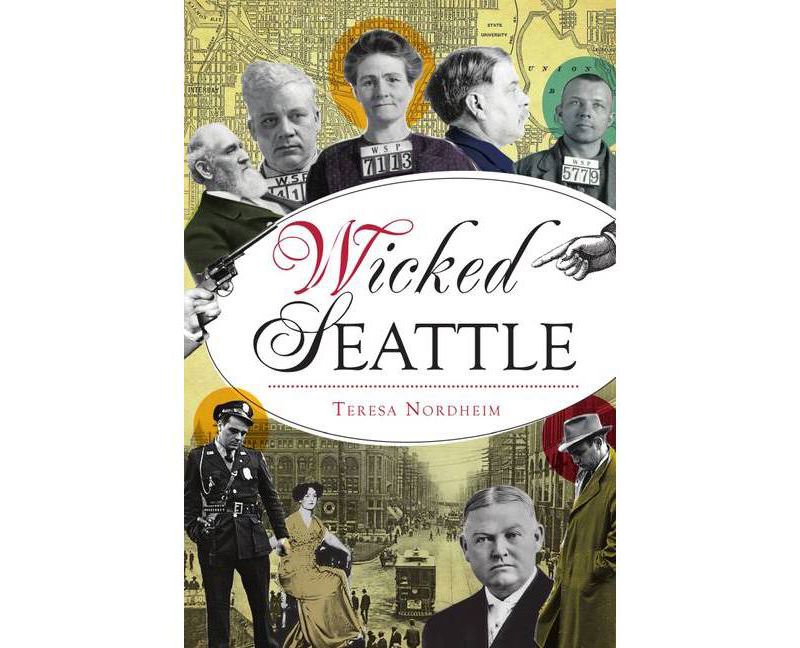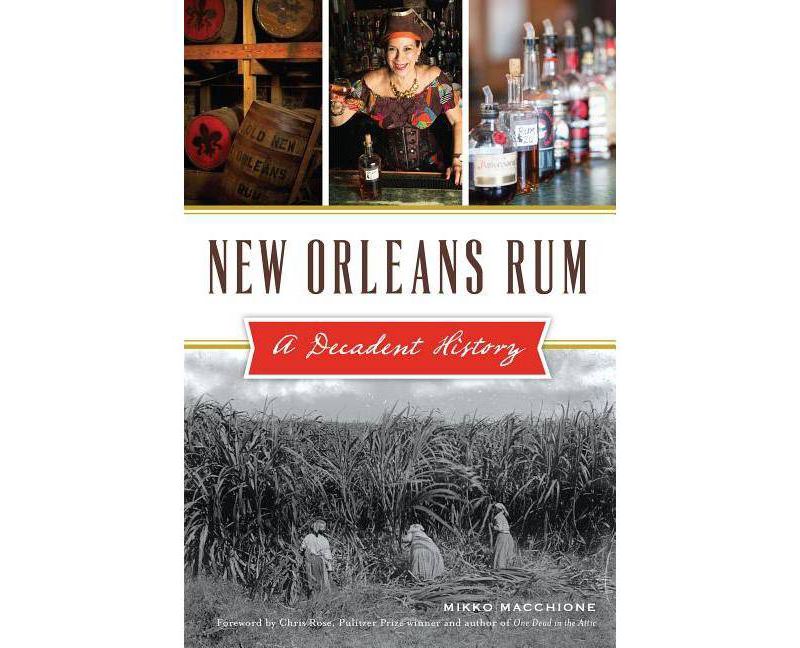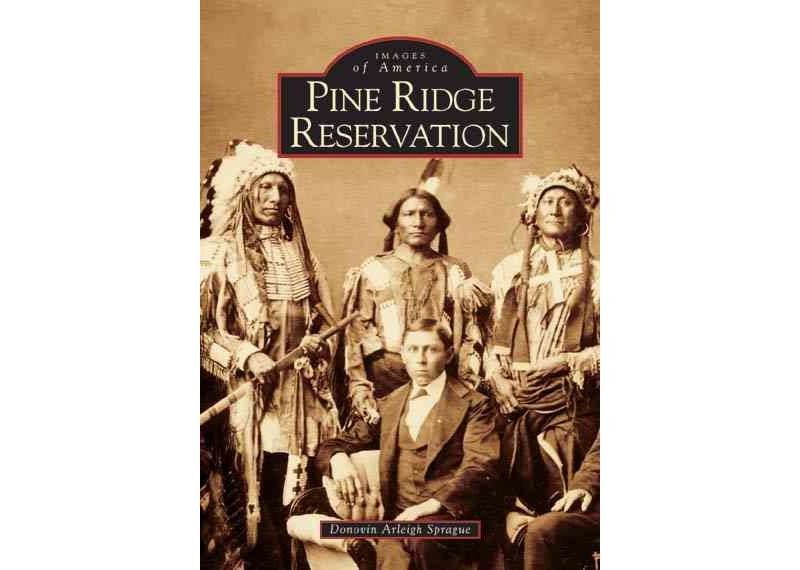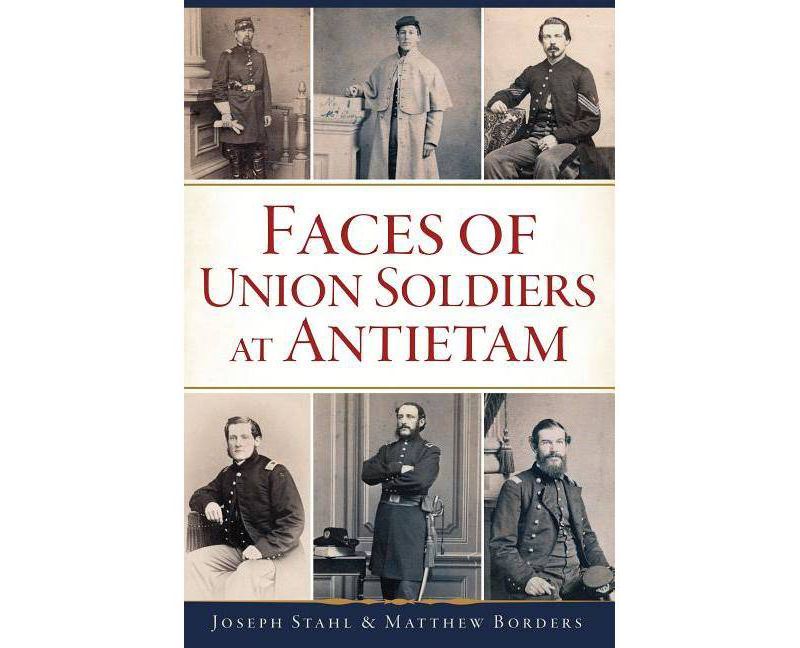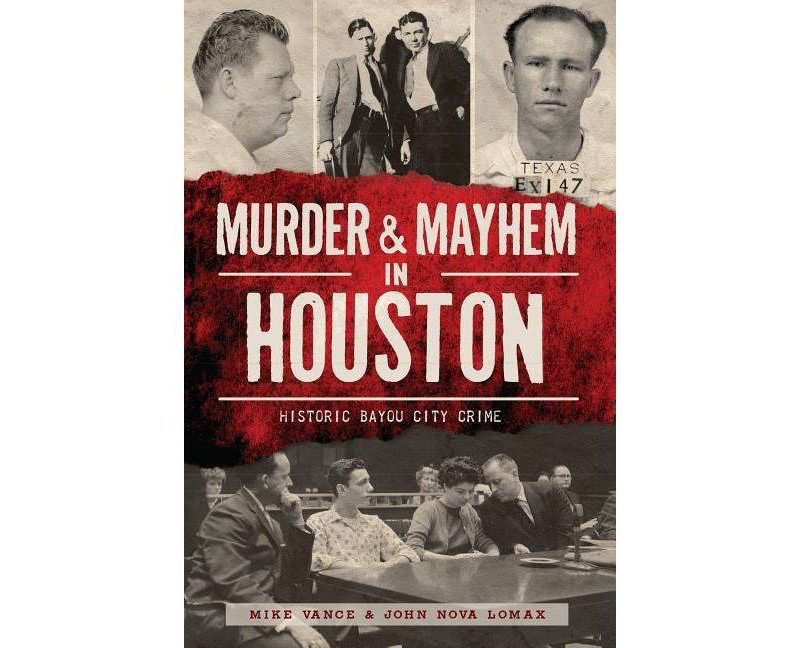Trusted shipping
Easy returns
Secure shopping
Buy Cortland - by Mary Ann Kane (Paperback) in United States - Cartnear.com
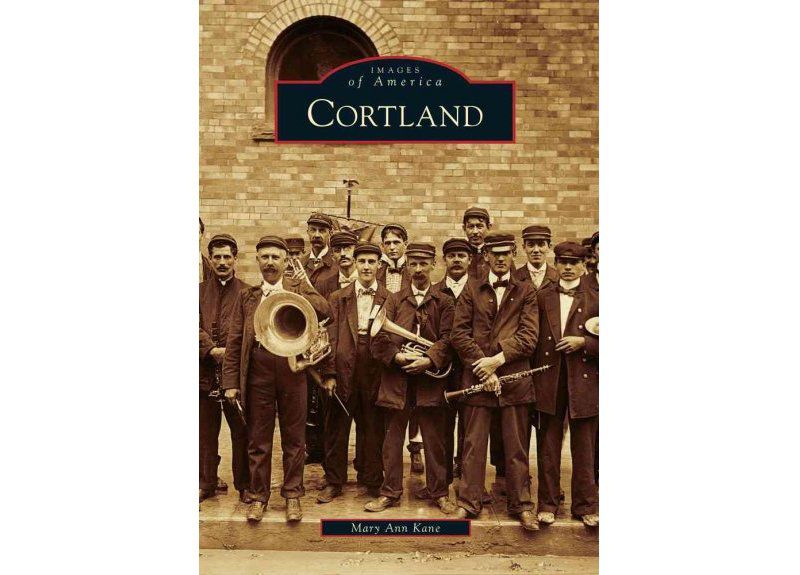
Cortland - by Mary Ann Kane (Paperback)
CTNR329180 09780738573045 CTNR329180Arcadia Publishing
2027-02-24
/itm/cortland-by-mary-ann-kane-paperback-329180
USD
20.9
$ 21 $ 22 4% Off
Item Added to Cart
customer
*Product availability is subject to suppliers inventory
SHIPPING ALL OVER UNITED STATES
100% MONEY BACK GUARANTEE
EASY 30 DAYSRETURNS & REFUNDS
24/7 CUSTOMER SUPPORT
TRUSTED AND SAFE WEBSITE
100% SECURE CHECKOUT
Dimensions (Overall): 9.1 Inches (H) x 6.5 Inch (W) x .4 Inch (D)
Weight: .7 Pounds
Number of Pages: 127
Genre: History
Sub-Genre: United States
Format: Paperback
Publisher: Arcadia Publishing (SC)
Author: Mary Ann Kane
Age Range: Adult
Language: English
Weight: .7 Pounds
Number of Pages: 127
Genre: History
Sub-Genre: United States
Format: Paperback
Publisher: Arcadia Publishing (SC)
Author: Mary Ann Kane
Age Range: Adult
Language: English
About the Book
When Cortland was incorporated as a village in 1853, its population was mainly transplanted New Englanders and Irish immigrants, and it encompassed territory 1 mile from east to west. By 1871, two rail lines crossed the village, and their cargos of coal encouraged the development of industries, particularly carriages and sleighs. The 1890s brought Cortland's first urban renewal with industrialists replacing wooden mansions with ones of brick, stone, and Queen Anne designs. The 20th century opened with full employment in industries that not only served the country but also the world. This encouraged Italians, Ukrainians, and Lebanese to settle in Cortland and share their heritage. Photographs from the archives of the Cortland County Historical Society illustrate how life was lived in Cortland before the 21st century.Book Synopsis
When Cortland was incorporated as a village in 1853, its population was mainly transplanted New Englanders and Irish immigrants, and it encompassed territory 1 mile from east to west. By 1871, two rail lines crossed the village, and their cargos of coal encouraged the development of industries, particularly carriages and sleighs. The 1890s brought Cortland s first urban renewal with industrialists replacing wooden mansions with ones of brick, stone, and Queen Anne designs. The 20th century opened with full employment in industries that not only served the country but also the world. This encouraged Italians, Ukrainians, and Lebanese to settle in Cortland and share their heritage. Photographs from the archives of the Cortland County Historical Society illustrate how life was lived in Cortland before the 21st century."
